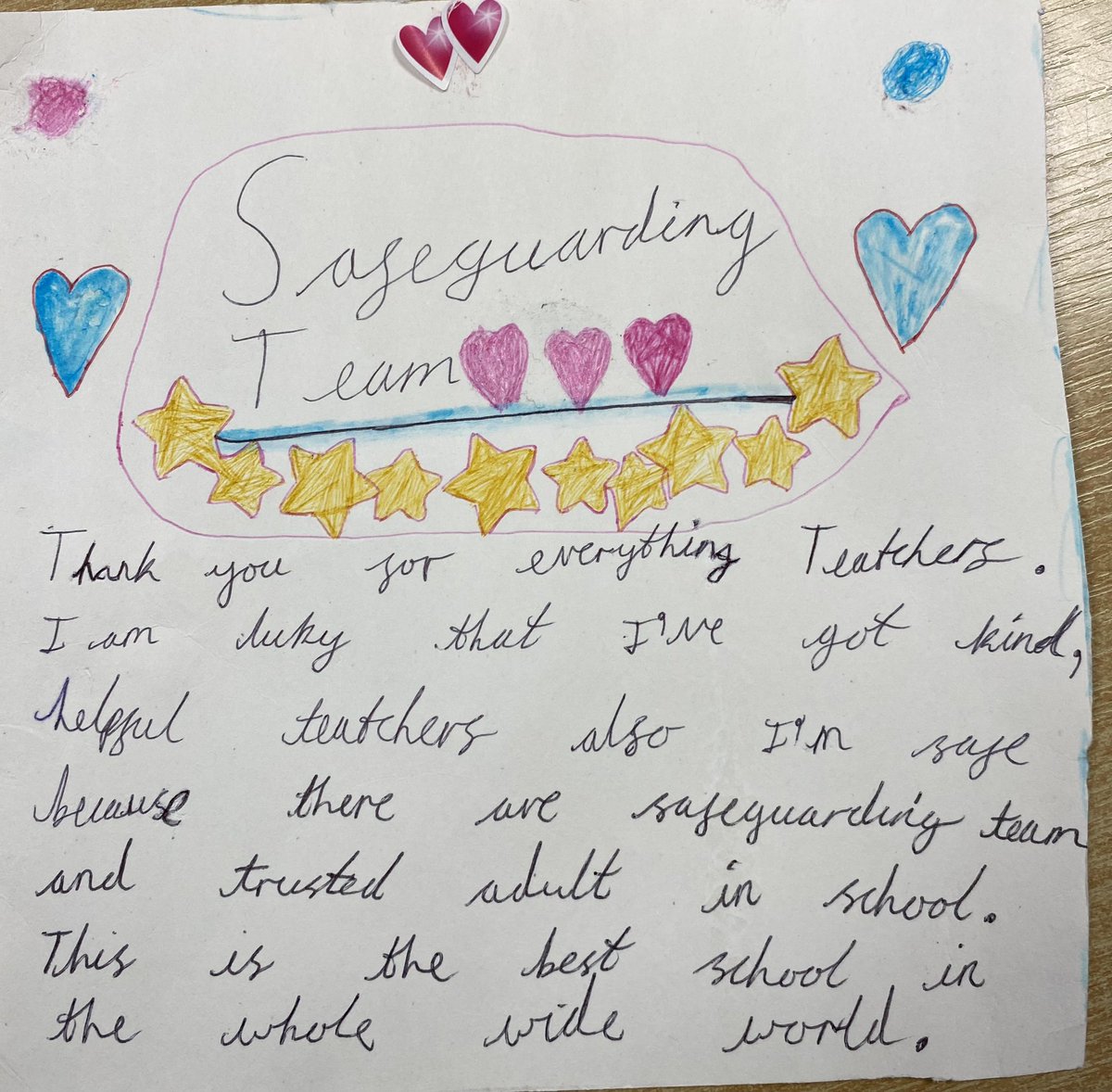English
“If you don’t like to read, you haven’t found the right book.”
J.K. Rowling
We chose Literacy as our specialism at Harris Primary Academy Croydon because we believe that learning to read, write and communicate effectively underpins all learning.
English learning cuts across all subject areas and books are at the heart of our curriculum. Teachers plan English teaching around a selection of high quality core texts and across a range of subject areas and we also plan for literacy-specific learning every day in school, in line with the expectations of the National Curriculum.
A range of enrichment activities are planned across the year to support children in developing their English skills. Theatre trips, book fairs, author visits as well as visits to the local library are all timetabled.
Reading
Instilling a love of reading is of key importance to us; throughout the week children are encouraged to read widely and for pleasure. Each classroom has a dedicated book corner and a ‘Reading Den’ is set up in our foyer where children are given opportunities to read and be read to throughout the day. Some of our older children are ‘Reading Champions’ and give up time each week to listen to and read to younger children. We encourage parents to volunteer as parent readers and full training is given. During the Autumn Term all new Reception children were presented with a book from the academy to start them on their reading journey. Parents were invited to observe a story time session and then stayed to share the books with children
“The session has helped me think about how I can encourage my child to love books, I need to make more time to read with them every day!” (Reception Parent)
I feel more enthusiastic about reading with my child, and I love the book- thanks!” (Reception Parent)
Reading is taught through the teaching of traditional phonics which takes place daily in the Early Years and KS1. From the Spring term 2015, we will be using the ‘Read, Write Inc’ phonics programme. This is a systematic approach to teaching phonics and all staff have had intensive training on using this scheme. A phonics workshop for parents takes place during the Autumn Term and ensures that Reception parents understand how we teach phonics. A home reading scheme is operated from Reception through to Year 6, children bring home a book that has been selected for them and which they should be able to read and a book that they have chosen to share with their families each week. Parents are asked to comment in a home reading diary, this gives the school and parents a regular way of communicating about their child’s reading. Each class has a daily, half an hour reading lesson where de-coding and comprehension skills are developed.
Every child is given an individual reading target and this is shared with parents through our parent-teacher meetings. This is reviewed regularly and updated once it has been met.
Word Pool is a website for anyone interested in children's books. It gives personal profiles for a range of authors along with their bibliographies, reading lists and reviews, titles and tips for reluctant readers, and information and advice for aspiring writers.
Writing
The use of engaging, relevant and high quality texts is central to our writing curriculum. These act as stimuli for children to develop and explore their writing skills.
The writing process ensures that children have a good understanding of a range of different styles and genres of writing. Through drama and speaking and listening activities, children explore the text type they are working on. They are taught about how to structure pieces of writing and how to write in a range of styles, for different audiences and purposes. Grammar is taught contextually wherever possible; some grammar lessons may be taught separately where necessary. The ‘Big Write’ comes at the end of each unit of writing and allows children to write an extended piece to demonstrate their writing skills in the given genre. We then use ‘green pen marking’ for self and peer evaluation. This allows children to edit and improve their work and critically evaluate the effectiveness of their own and others’ writing.
“I like writing stories, I can let my imagination go wild!” (year 6 pupil)
Handwriting and Spelling
Children are taught to use a cursive script throughout our academy and handwriting lessons take place at least once a week. Children are taught spelling rules and are encouraged to apply these rules to their independent work. Each child has a spelling log where they record spellings that they need to learn.
Interventions
For children that require targeted support in English, we have a variety of interventions. Support staff are given extra training to ensure that interventions are of a high quality. Extra phonics interventions take place daily, children are given extra 1:1 reading support and we also deliver targeted support through the use of PiXL resources.























